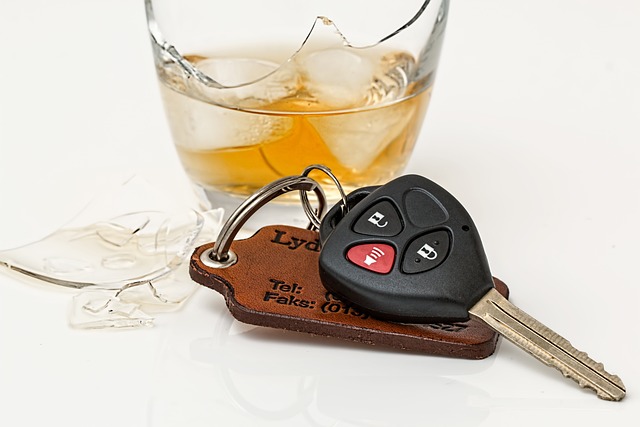DUI can have life-changing effects. But the good news is that most convictions don’t last forever.
Experienced expungement lawyers can assist with clearing your record, but the process can be time consuming. A specific period must have passed since your conviction and certain requirements must be fulfilled in order for it to happen successfully. Removing DUI record is possible, and can open up many new opportunities for you in the future.
Expungement
DUI expungement is a legal action designed to clear your record by legally erasing records related to any criminal charges from files, computers and other depositories. Your DUI attorney may help gather evidence showing how you have rectified past mistakes – for instance by attending treatment programs and rehabilitation activities consistently over a certain period. A court will then evaluate your application for expungement before considering it as part of a plea bargain agreement.
First steps toward expungement involve filing out and paying an appropriate filing fee (which varies between states). An experienced local DUI lawyer is your best resource for understanding how best to expunge a DUI in your arrest situation; keep in mind, though, that expunging won’t reverse any mandatory license suspension or revocation that still stands during the probation period.
Record Sealing
An arrest for DUI can leave an unsightly mark on your record, but there may be ways to remove it by having it sealed or expunged from it. Each state varies so it’s wise to contact a local DUI defense lawyer who can guide you towards the appropriate path.
To seal or expunge a DUI record, certain criteria must be met. You must have fulfilled your probation period and paid any fines, jail time or DUI school associated with it as well as being free from other criminal charges or cases that have pending before any decision can be reached on sealing or expunging it.
Additionally, an expunged DUI will still appear on your criminal record and may affect your ability to apply for certain jobs or professional licenses; furthermore it could even be considered in a background check conducted for rental property or universities.
SR-22 Insurance
No matter whether it’s a misdemeanor or felony conviction for DUI, an expungement or record seal are both options to clear it from your criminal record and have it erased from driving records. Unfortunately, having one can continue having negative repercussions long after this issue has been addressed by expungement or record sealing; having one on driving records could prevent certain jobs (like commercial driver positions ) or increase insurance rates significantly.
While New York does not require an SR-22 form to increase car insurance premiums for drivers convicted of DUI. Not only can poor driving habits increase premiums; other factors, including credit score and criminal history can have an effect as well.
Zimmerman Insurance can assist in filing an SR-22 when needed or required. We specialize in special circumstance car insurance policies to meet high-risk drivers’ needs, such as those with prior DUI/DWI convictions on their record.
Representation
DUI convictions can have far-reaching repercussions in your life. They may make finding work more challenging – particularly within certain industries like commercial driving or Uber/Lyft services – as well as making housing and loan acquisition more complex. But don’t despair, as a DUI doesn’t stay on your record forever!
An expungement process could allow you to have your DUI cleared from your record. In order to qualify, all requirements of state DUI laws must be fulfilled; your lawyer can help determine your eligibility and begin the petitioning process for you.
Once your petition is granted, your record will become clean. While any future DUI convictions might show up on background checks, your prior conviction won’t. Your arrest record remains though; any future police department that arrests you will still have access to that information.






Recent Comments